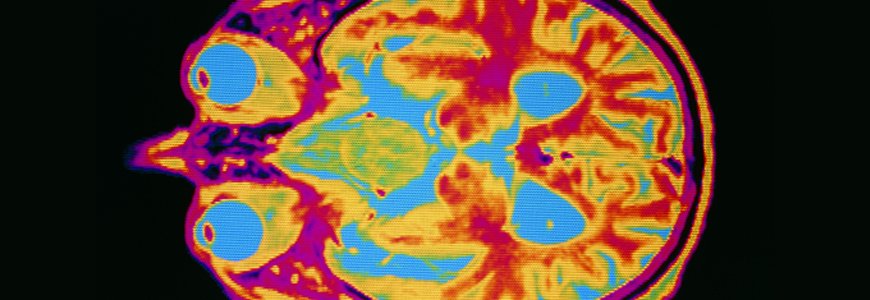New recommendations regarding the management of aggressive pituitary tumors and carcinomas offer more precision than the protocols now in use by endocrinologists and neurosurgeons, according to a Duke clinical endocrinologist who specializes in pituitary, thyroid, and adrenal disorders.
“The recommendations include specific directives for the diagnosis and management of aggressive pituitary adenomas and carcinomas,” says Lauren F. Gratian, MD. “The guidelines recommend a multidisciplinary approach to management that includes surgical therapy, medical therapy, radiotherapy, and chemotherapy that should be undertaken by medical specialists with extensive experience with these conditions.” The new guidelines were published in January by the European Society of Endocrinology (ESE).
Because aggressive pituitary tumors and carcinomas are relatively rare—less than .05 percent of all pituitary tumors present as carcinomas—new research has been limited, Gratian says. She predicts that specialists will welcome the guidance. Surgical resection should be considered for aggressive pituitary tumors, according to the ESE, because those tumors generally respond poorly to standard medical treatments used for non-aggressive tumors.
Highlights of the recommendations include:
- An experienced, multidisciplinary team should manage patients with aggressive pituitary tumors.
- Histopathological analysis should include a minimum immunodetection of pituitary hormones and Ki-67 proliferative index evaluation for correct tumor classification.
- Temozolomide monotherapy should be the first-line chemotherapy for aggressive pituitary tumors and pituitary carcinomas following failure of standard therapies.
- Patients should be evaluated after three treatment cycles to determine whether they responded to first-line temozolomide treatment.
- Patients who respond to first-line temozolomide should continue treatment for at least six months. Patients whose tumors have recurred following temozolomide treatment should follow a series of treatment recommendations detailed in the guidelines.
The ESE guidelines were based on a systematic review of research literature using the Grading of Recommendations Assessment, Development and Evaluation (GRADE) system. The review included 14 single-arm cohort studies involving 116 patients, most of whom were prescribed temozolomide. A positive treatment effect was seen in 47 percent of cases. A recent ESE survey on aggressive pituitary tumors and carcinomas involving 165 patients was also used as a foundation for the guidelines.
Gratian offers a weekly multidisciplinary pituitary tumor clinic in collaboration with Patrick J. Codd, MD, a neurosurgeon specializing in pituitary tumor resection. The clinic allows patients with pituitary tumors to consult with both specialists during a single visit to ensure comprehensive, specialized treatment, Gratian says.
